Like many who sling words, I nurtured the dream of wanting to be an established author someday. This meant churning out a lot of prose – even at the expense of not really developing an individual voice – all because that’s largely what a young writer is taught to do: just write. Skill and talent will come in time, along with a tone that, likely, you’ll be able to call your own … eventually. And that even assumes that your tone doesn’t evolve from the assistance of a decent editor! But what I learned from the workshopping experience is that – sigh – not every budding author should be part and parcel of a writer’s workshop.
The chief problem I experienced – besides the obvious frustration – is that age-old adage many of us already know, that being “too many cooks spoil the broth.” Other writers might see things in your stories – characters, situations, circumstances – that they perceive need to be the prime impetus behind it all. They might want a whole new direction or a whole new backdrop upon which to develop a story that, fundamentally, you didn’t write but they see as being possible. This isn’t to say that they saw errors in your work (in so many words), but perhaps it’s safe to suggest that they came into the whole workshopping process with a different agenda than I did, making much of what they offered functionally useless.
Each writer should tell the tale he or she wants to tell, not one stripped to its bones and rebuilt by others.
I endured a similar epiphany in watching this week’s Dead City installment. “Who’s There?” had moments of real personality that felt, sadly, bogged down with the narrative constraints put upon it by others, be they producers, directors, showrunners, or fellow scribes in the writers’ room. It occasionally reeked of vignettes that stunk of ‘we tell the story this way because it’s how we’ve been told to tell our stories,’ and that, inevitably, is killing what could otherwise be the franchise’s best attempt at a return to greatness … so far as this casual fan is concerned.
(NOTE: The following review will contain minor spoilers necessary solely for the discussion of plot and/or characters. If you’re the type of reader who prefers a review entirely spoiler-free, then I’d encourage you to skip down to the last few paragraphs for the final assessment. If, however, you’re accepting of a few modest hints at ‘things to come,’ then read on …)
From the show’s IMDB.com page citation:
“Maggie and Negan encounter native New Yorkers; Armstrong revisits a trauma; Ginny attempts to adapt to change.”
Folks, I think one of the greatest benefits all of us have been able to glean from the Information Superhighway is that there’s an incredible number of folks out there both thinking about and writing about television these days. Stilll, one of the greatest weaknesses that I see is far too many of them don’t keep in mind that television – first and foremost – is a business.
I can tell you that from my days in running a few small(ish) businesses is that the first rule has always been – and forever will be – it has to make a profit. Without a profit, a business cannot thrive. A business cannot survive. And, sadly, this means that – all too often – those running the business fall into the predictable trap of doing business the way we’ve done it before. Why? Well, because that’s safest. That’s what has a track record we can see and replicate.
It’s also what’s killing the prospects of Dead City.
Imagined as a show that could bring two of the franchise’s most respected and feared characters – Maggie Rhee (played by Lauren Cohan) and Negan Smith (Jeffrey Dean Morgan) front-and-center for their own respective and collective close-ups – these showrunners have sadly dipped far too deeply back into the comfortable waters of all that they’ve done before. While a fair number of dramatic collisions are required – if for no other reason than to set the stage for exactly why this particular team-up is both theatrically worthwhile and thematically volatile – the first two installments (the first one is reviewed by yours truly right here) have given us nothing but dialogue and delivery we’ve seen before by both of these talented players. It’s had no spark, no incisiveness, and no teeth.
In fact, the second chapter in particular – titled “Who’s There?” – falls back unfortunately into storytelling patterns that The Walking Dead mined far too often for its own good. Flashbacks – as well as side journeys with secondary characters of seemingly no importance whatsoever (like Ginny and Hershel) – ended up feeling more like screen filler than they do authentic, organic developments in a world that’s already had countless hours and three iterations (at present) to explore. But when you promised an audience hungry for a sequel that they’d be watching the match-up to end all TV match-ups (in team-up fashion), why oh why would you spend time away from those key components? After trying to wring a bit of tension out of Maggie’s all-of-a-sudden bout of acrophobia (of all things in the wide, wide world of The Walking Dead), why take audiences on a sidebar of little to no consequence? With Ginny? And with a marshal no one gives two damns about?
Now, this is not to say that “Who’s There?” didn’t deliver something worth mentioning, because that would be a far cry from the truth. The hour brought up a bit of conflict between Maggie, Negan, and this group of New Yorkers they’ve kinda/sorta been captured and/or befriended by (the suspense is killing us), and that worked quite well. In fact, it worked so well I wanted to spend more time getting to know these people, hearing what their lives and their existence was about, instead of the obligatory Maggie flashbacks and time spent understanding that Ginny – about as bland a TV creation as there’s ever been – has trouble “fitting in.” (Welcome to society, baby!) And, thankfully, the good stuff didn’t stop there, and Negan finally took the gloves off with a fabulous return to form, dispensing a brand of justice that audiences knew was still lurking there under the surface … and this was damn sure exactly why Maggie sought him out for this journey into dark waters.
That – think what you may – was great television. That had a purpose, though we might only now be getting to understand. That was an authentic character moment delivered with the kind of panache, flair, and style that both fits a mold and makes a statement. Those of you who sit in the writers’ room might take note and plot out a bit more of that – if there’s still time to get such development into production – lest you want Dead City to fail as so much generate a pulse with whatever episode run is left in its entire run.
In the interests of fairness, I’m thrilled to disclose that – like so many of you – I’ve simply recorded and watched The Walking Dead: Dead City’s “Who’s There?” (S01E02) as it aired on AMC, so I’m beholden to no one to provide a review other than myself.
-- EZ

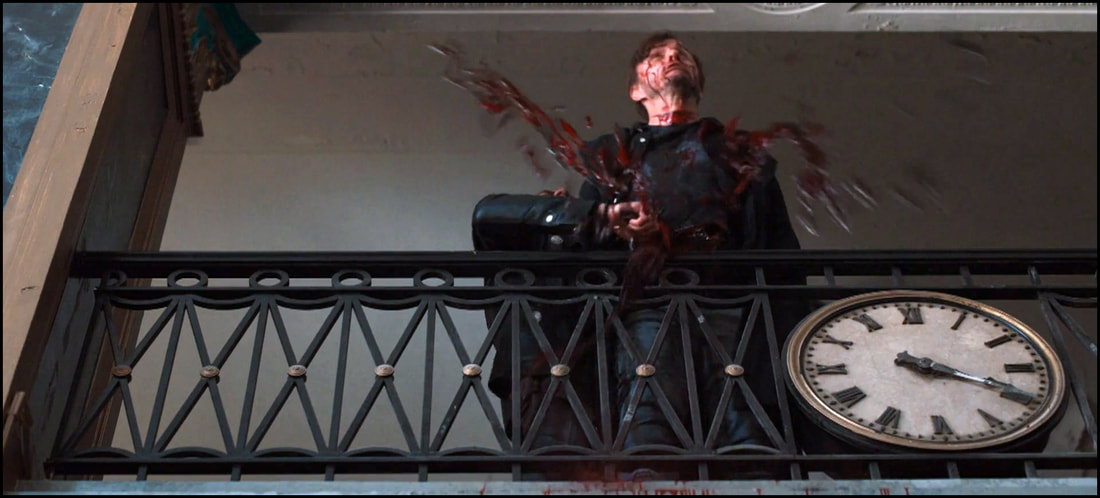
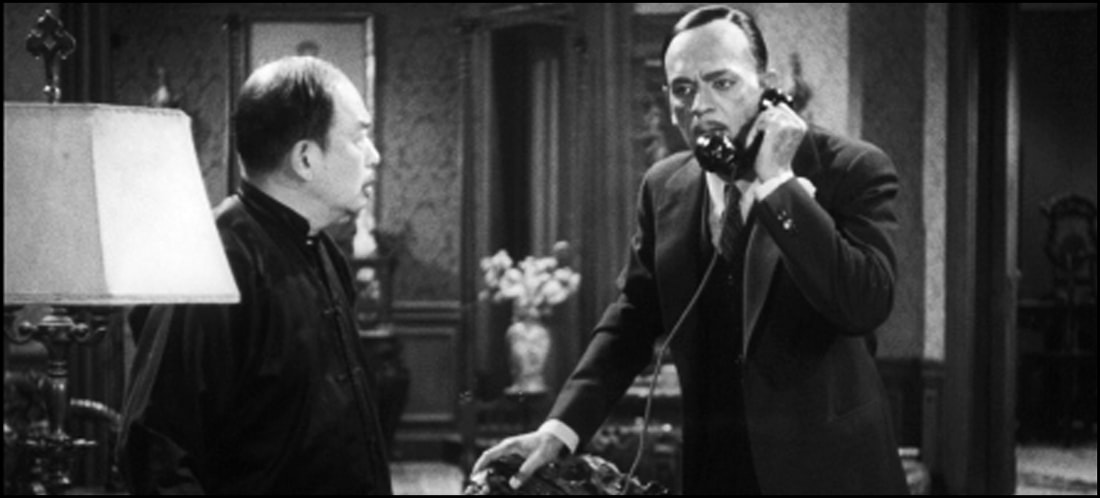
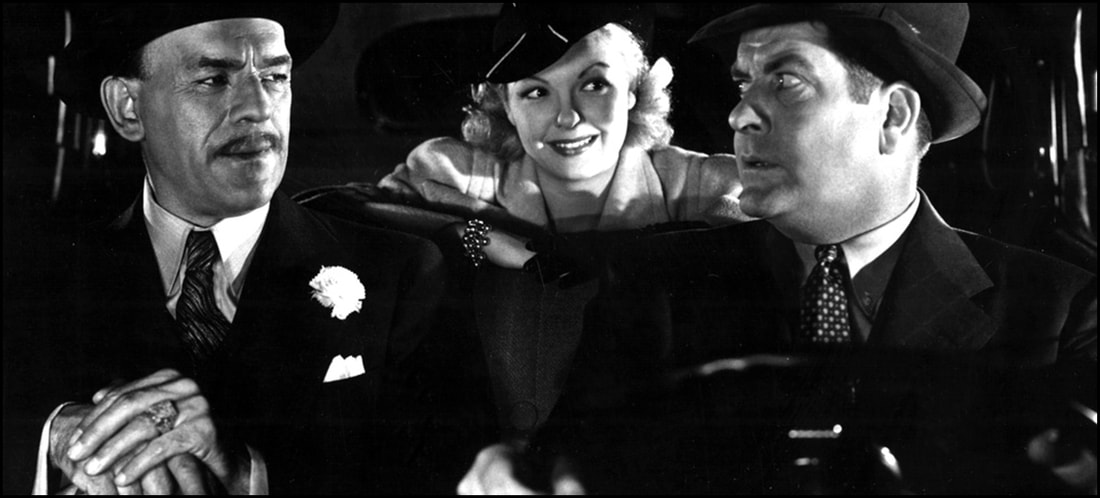

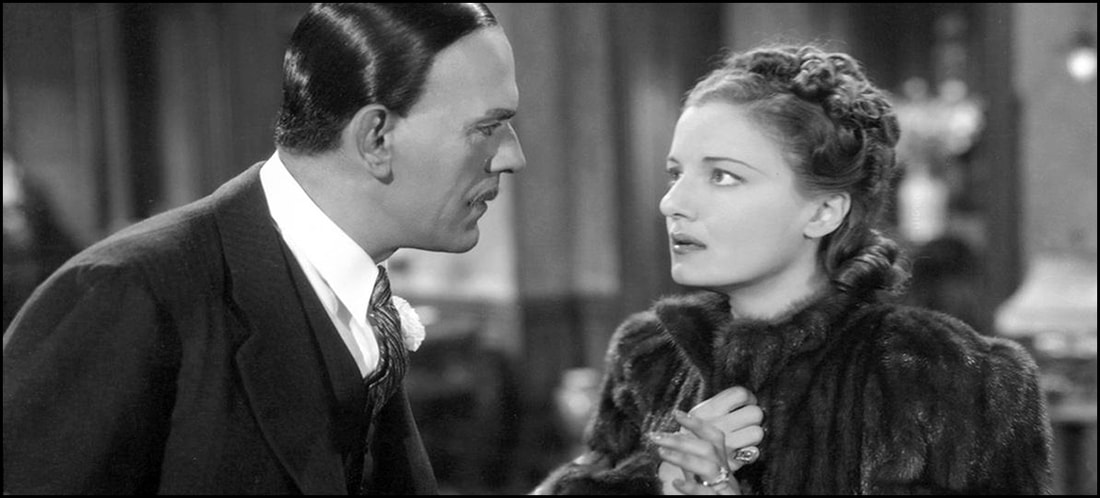
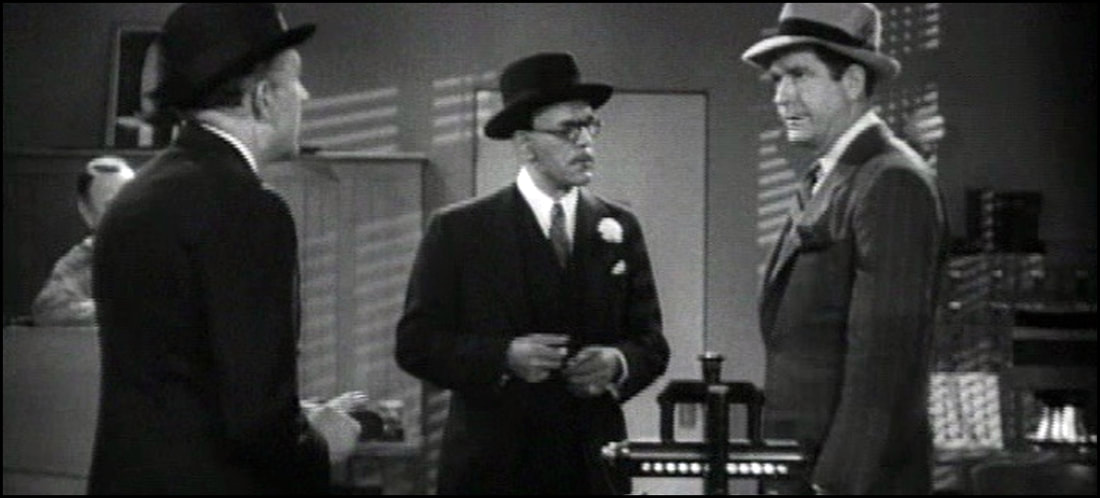
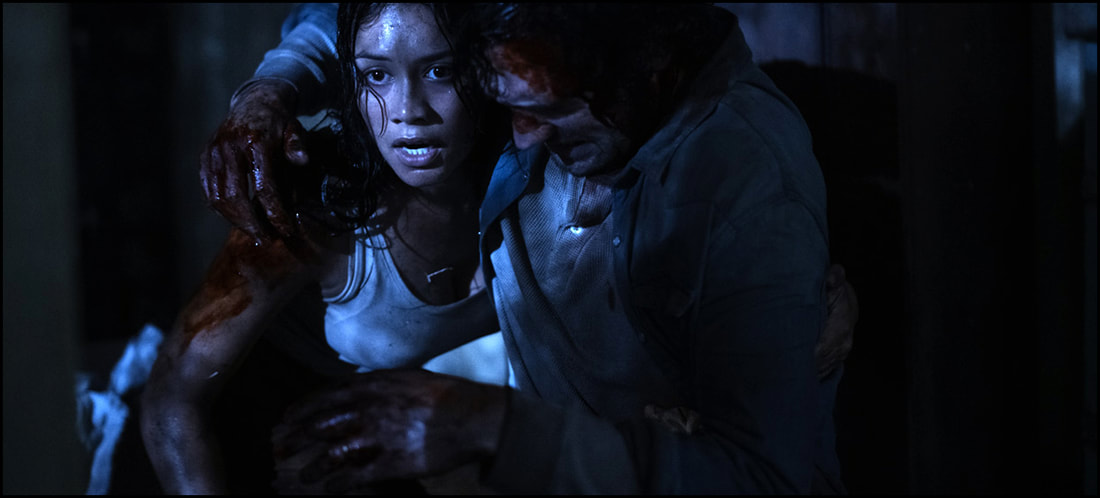
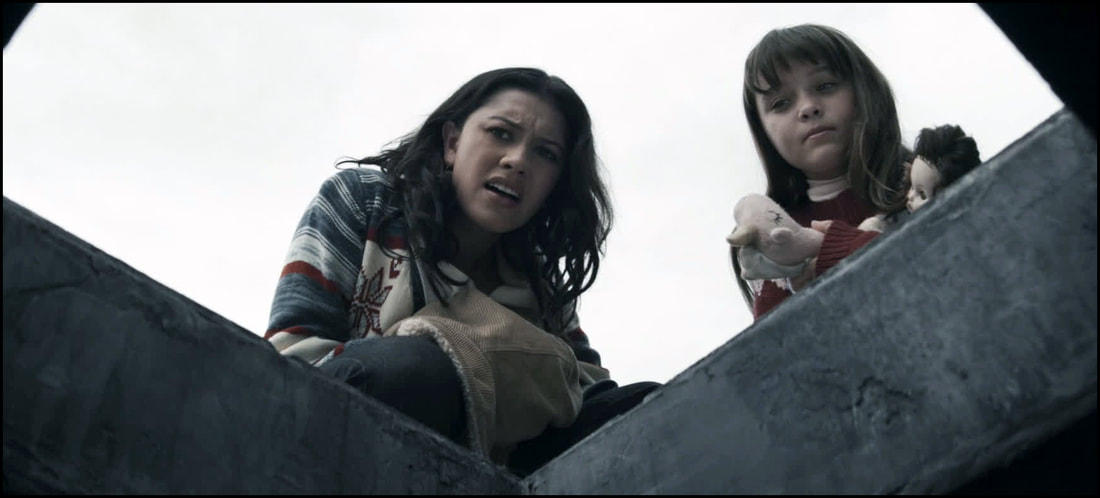
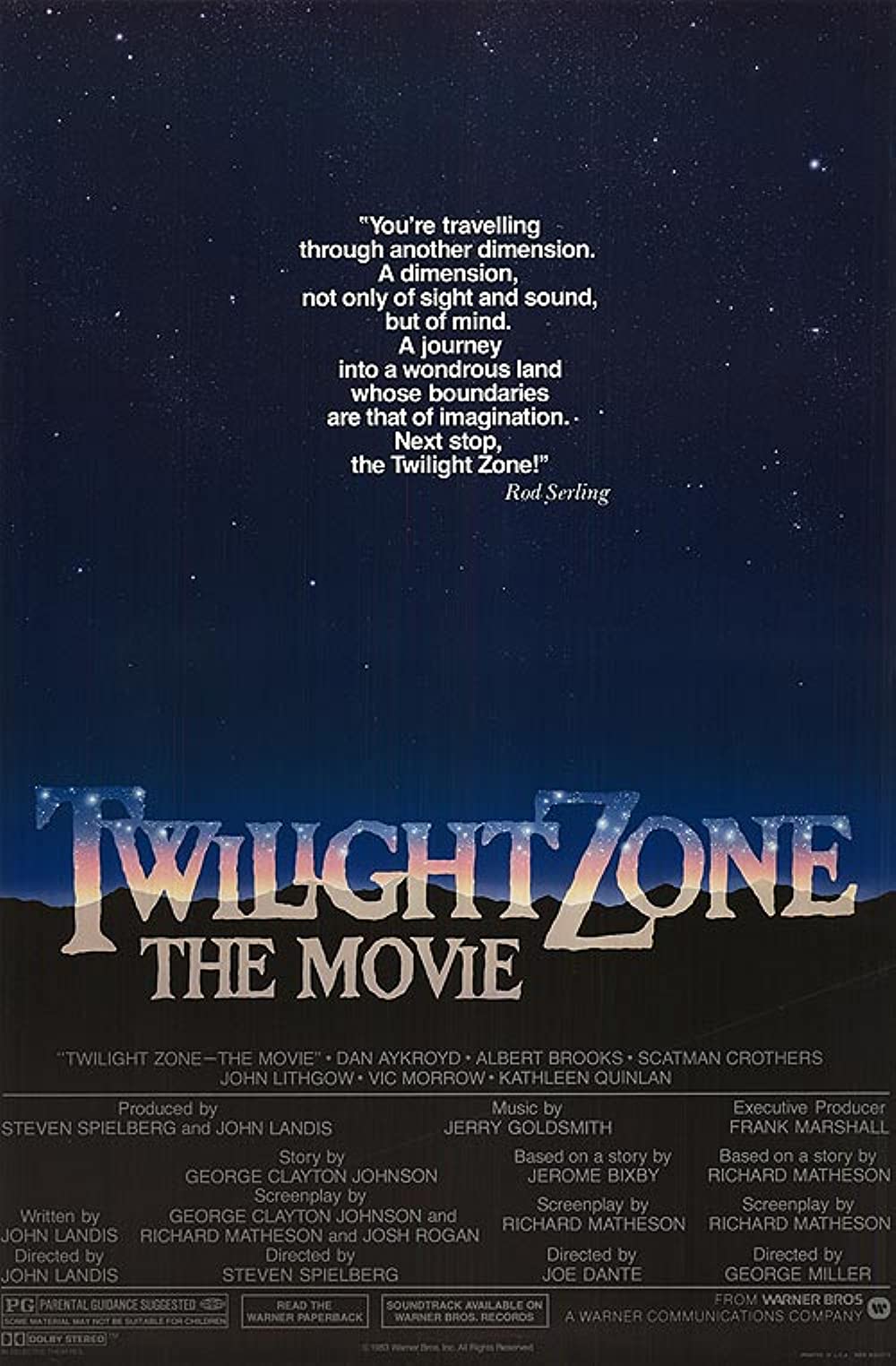
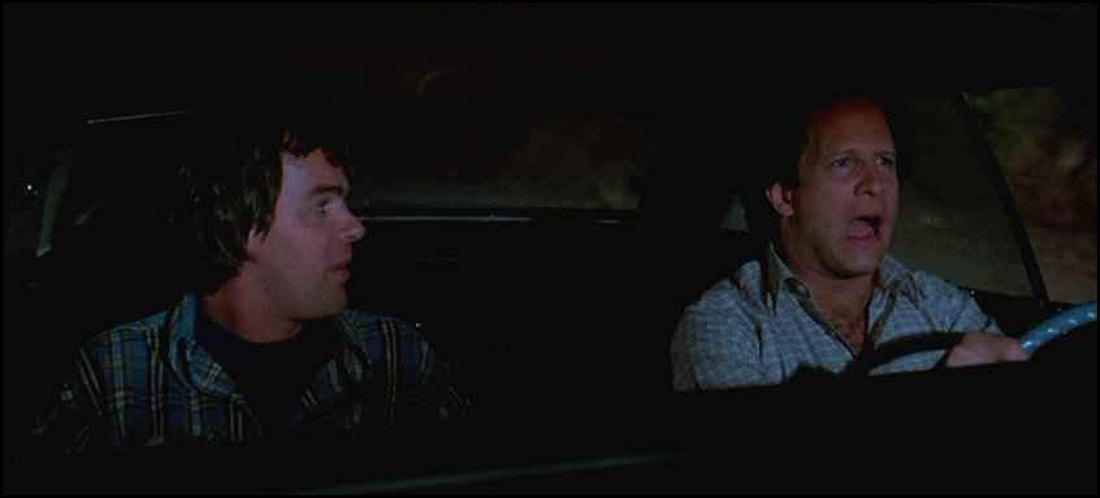
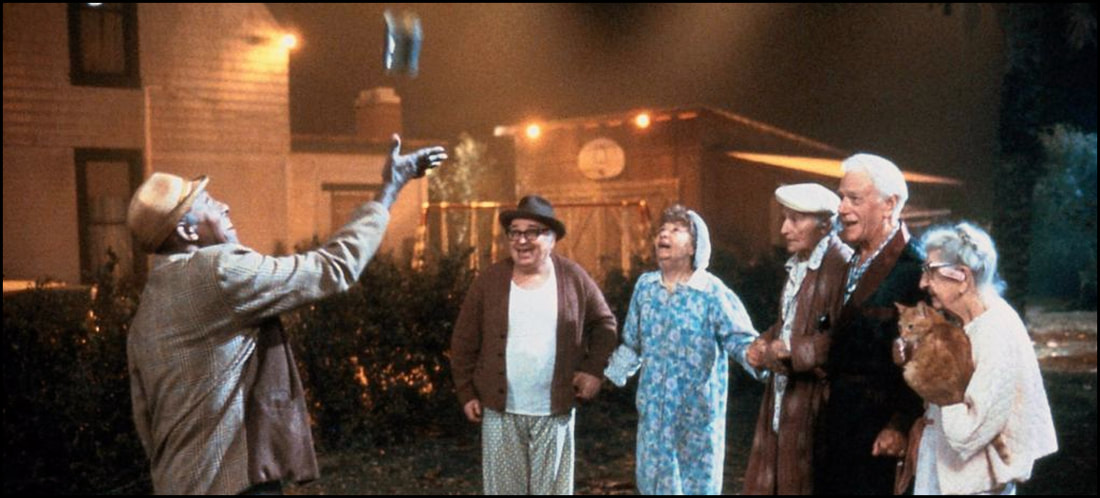
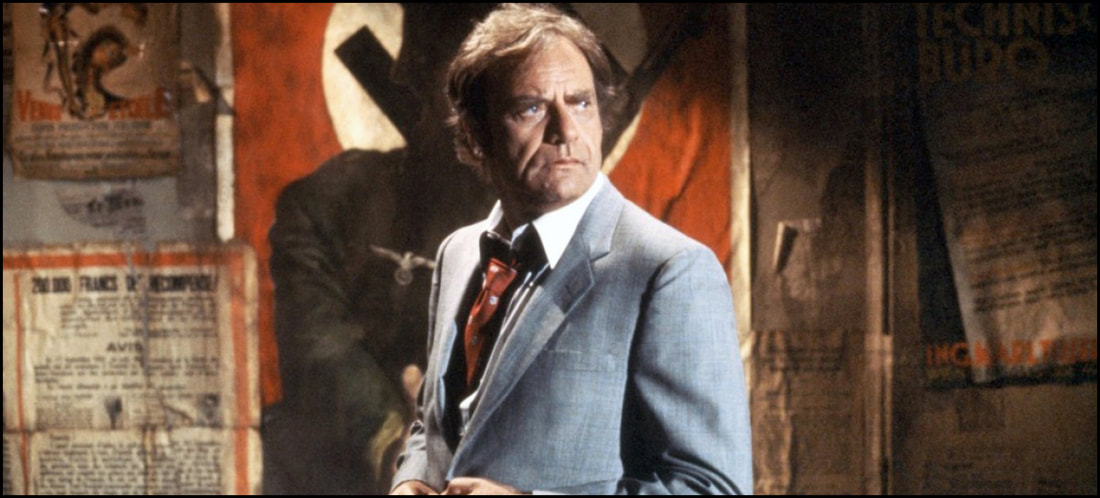
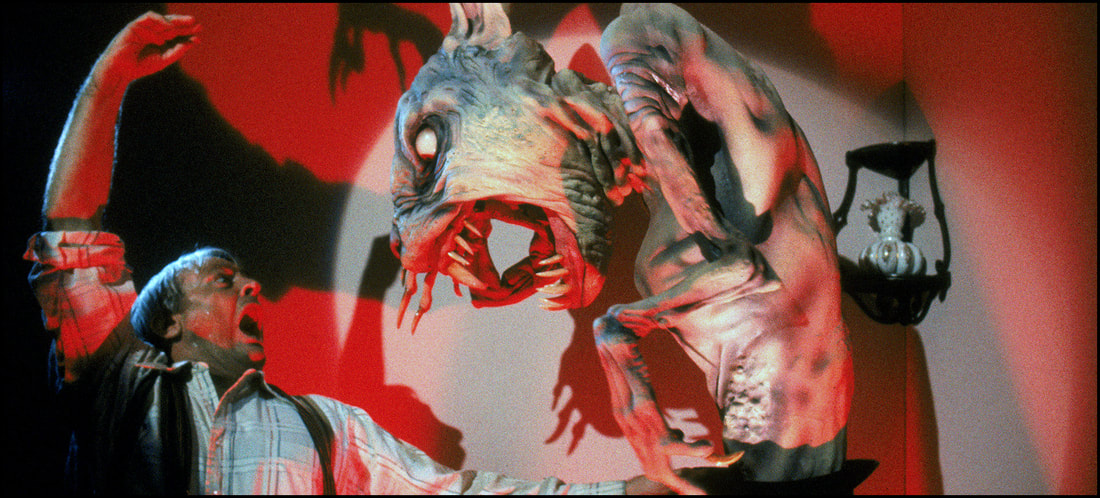
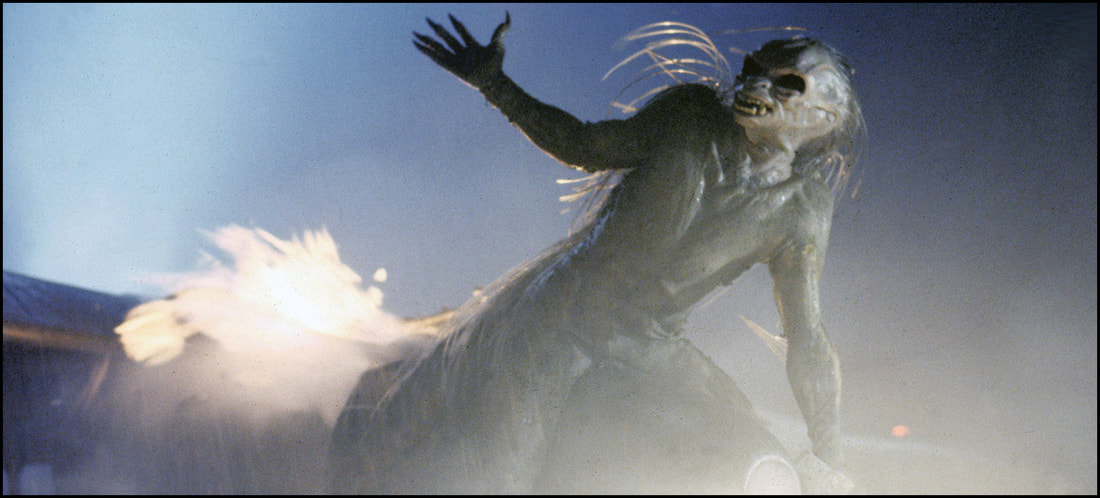
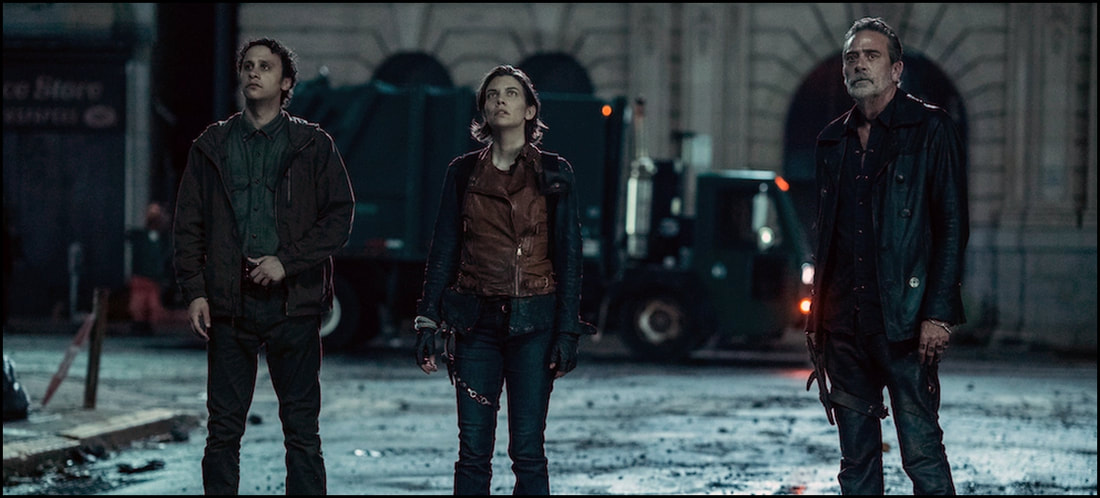
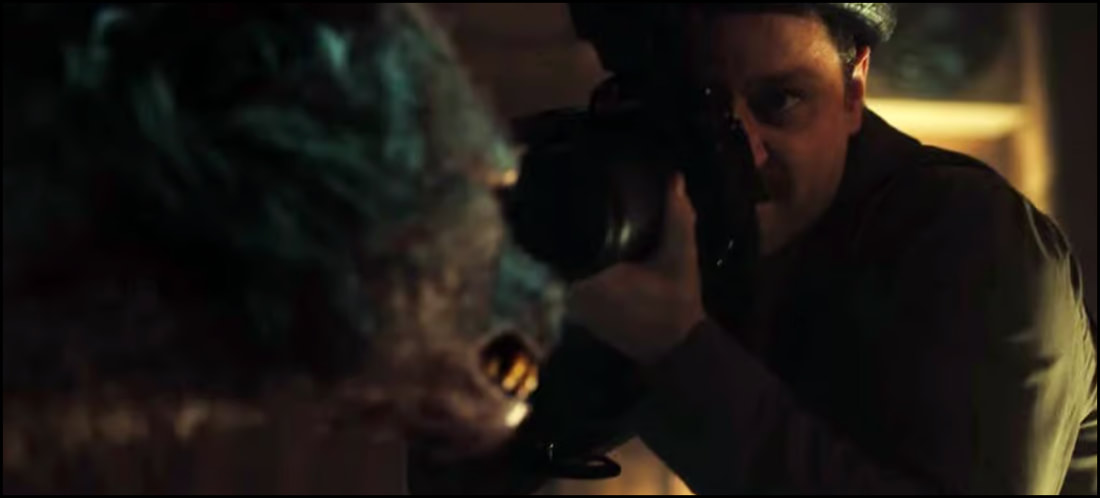
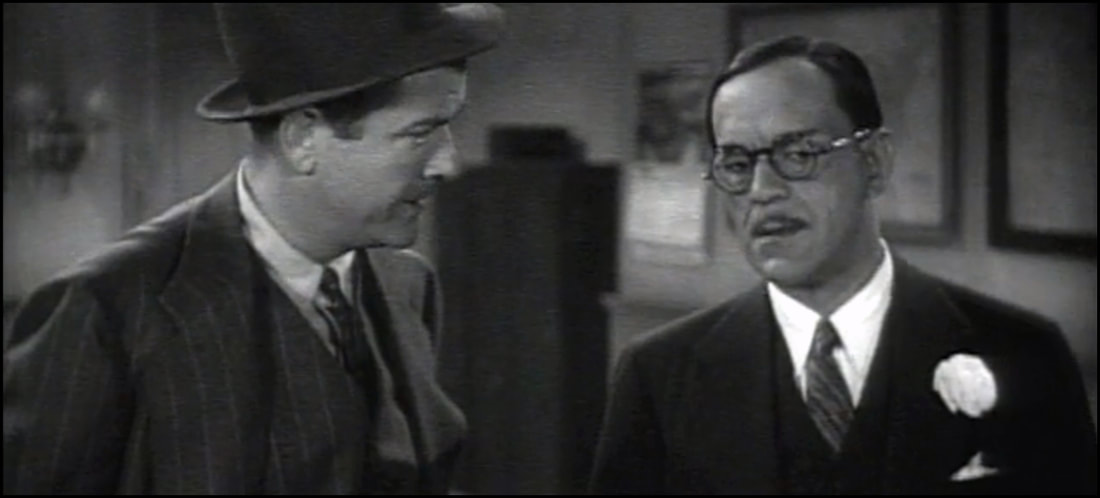
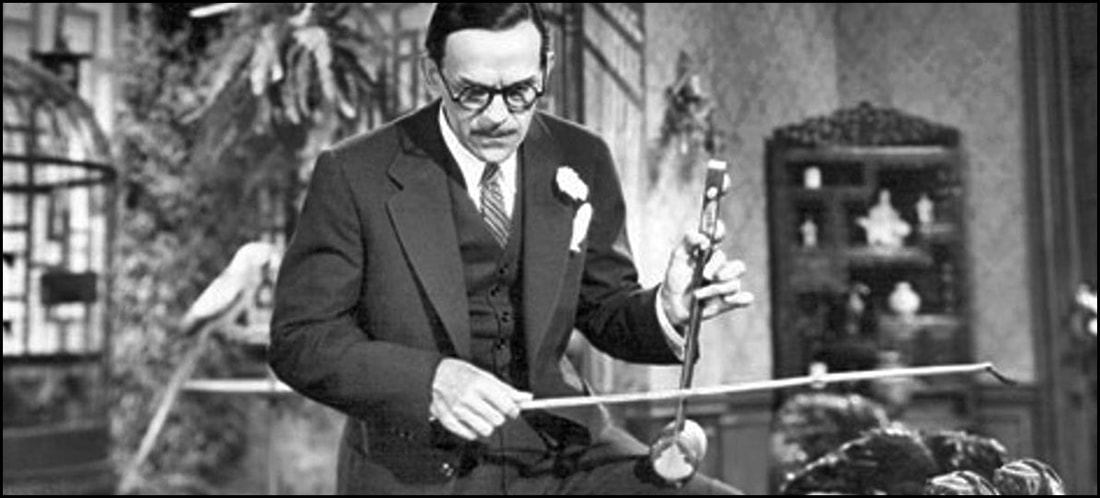
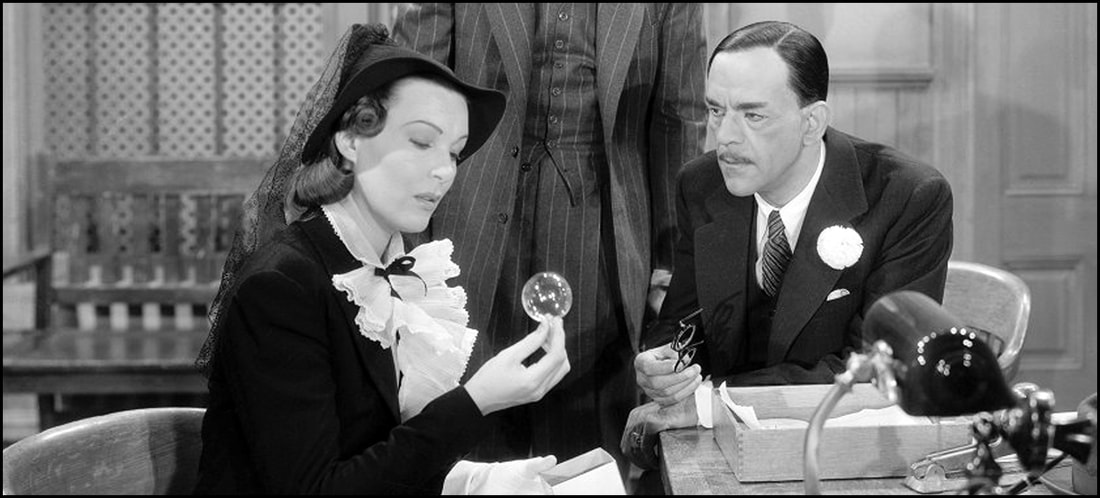
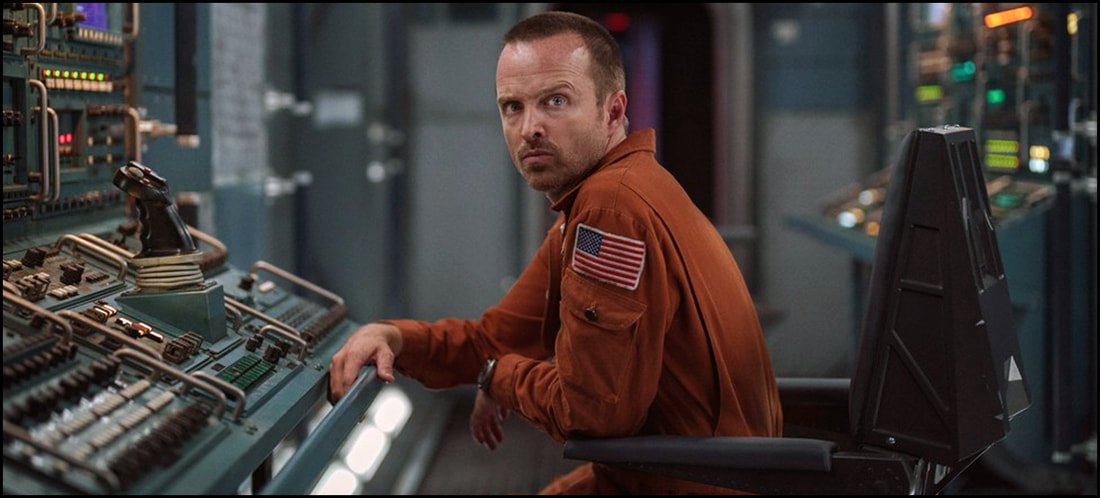
 RSS Feed
RSS Feed